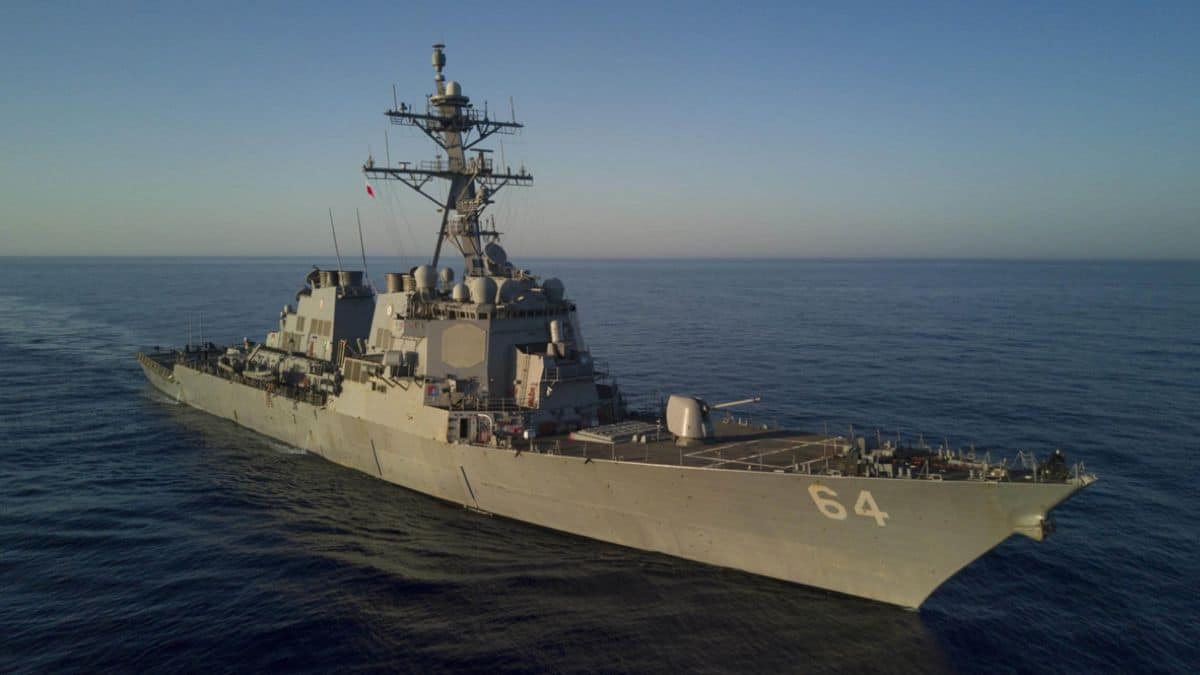The Pentagon announced on Friday that it will deploy additional defensive military capabilities to the Middle East. This move is aimed at enhancing the protection of Israel and increasing the readiness of U.S. forces to respond to potential threats. The U.S. Department of Defense highlighted that the deployment will include ballistic missile defence-capable cruisers and destroyers, as well as additional land-based ballistic missile defence systems.
U.S. Secretary of Defense Lloyd Austin ordered the redeployment of these advanced defence systems to the U.S. European Command (EUCOM) and U.S. Central Command (CENTCOM) regions. The Pentagon’s press release emphasized that these measures are part of a broader strategy to ensure the safety and security of U.S. interests and allies in the region. The deployment of ballistic missile defense-capable cruisers and destroyers is expected to provide a significant boost to the defensive capabilities of U.S. forces stationed in these areas.
In addition to maritime defence enhancements, the Pentagon is also taking proactive steps to increase its readiness to deploy additional land-based ballistic missile defence systems. These systems are designed to intercept and destroy incoming ballistic missiles, providing a crucial layer of defence against potential missile attacks. The U.S. Department of Defense is actively working to ensure that these systems can be rapidly deployed if the need arises.
Moreover, Secretary Austin has directed the deployment of additional fighter jets to the Middle East. This move aims to reinforce the U.S. military presence in the region and provide increased air defence capabilities. The additional fighters will enhance the ability of U.S. forces to respond quickly to any emerging threats and support ongoing operations to maintain stability in the Middle East.
The decision to deploy these additional capabilities comes amid heightened regional tensions following recent events, including the killing of Hamas leader Ismail Haniyeh in Tehran. The assassination has led to increased threats from Iran and its proxies, prompting the U.S. to take precautionary measures to defend its allies and interests.
In a statement, Secretary Austin underscored the importance of these deployments in maintaining regional security. “The United States remains committed to ensuring the safety and security of our allies and partners in the Middle East,” he said. “These additional capabilities will enhance our ability to deter aggression and protect our forces and interests in the region.”

